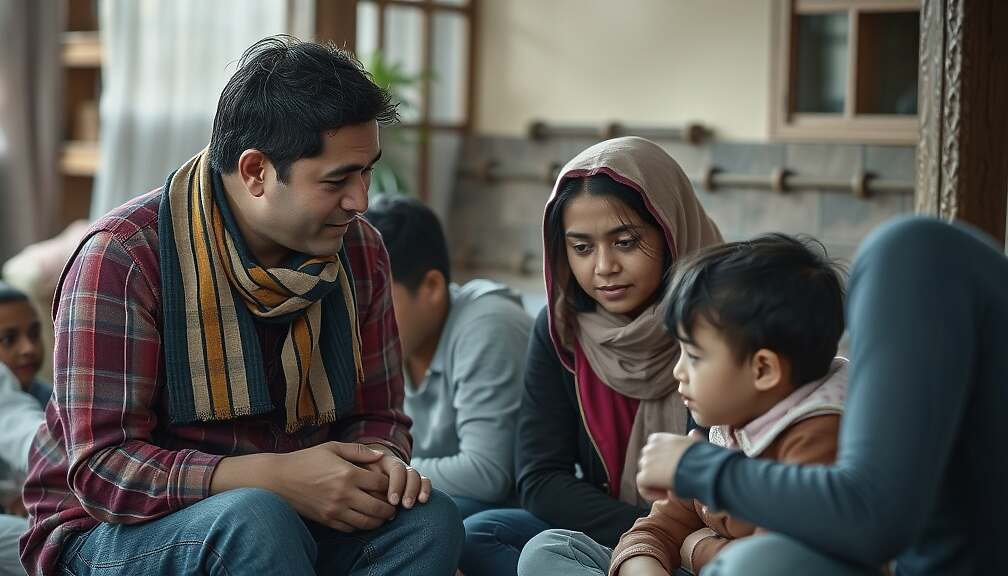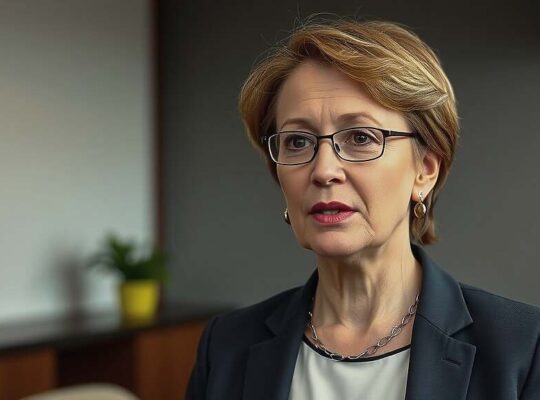A recent survey by the German IT industry association, Bitkom, highlights the growing tension surrounding smartphone usage among children and adolescents within families. The research, based on interviews with 1,004 German parents of children aged 6 to 18, reveals that disagreements over the type and extent of smartphone use are increasingly common.
The survey found that 74% of parents who allow their children to use smartphones report frequently engaging in arguments about their children’s mobile device habits. While the majority (60%) experience these disagreements infrequently, 14% report them occurring regularly. The frequency of disagreements appears to be age-dependent, with a particularly pronounced issue among parents of children aged 10 to 12, where 88% report experiencing arguments about smartphone use. Disagreements are slightly less frequent among parents of younger children (71% with those aged 6-9) and older adolescents (72% with 13-15-year-olds), reaching a lower 64% among parents of 16-18 year olds.
Concerns about potential smartphone addiction are also evident in the results. Fourteen percent of parents who permit smartphone use believe their child may be addicted to their device. This perception increases with age; 8% of parents with children aged 6-9 suspect addiction, rising to 12% for children aged 10-12 and 17% for both the 13-15 and 16-18 age groups.
The research indicates that smartphones are sometimes used as a tool for discipline. Nearly half (48%) of parents report confiscating or temporarily restricting their child’s smartphone use as a form of punishment. This practice is most frequent among parents of children aged 6 to 12, with 64% employing this tactic. Conversely, confiscation is relatively less common among parents of older adolescents, with only 17% utilizing this approach.
The findings stem from a study conducted by Bitkom Research, which involved telephone interviews with a representative sample of 1,004 parents in Germany during the period of May 2025.












